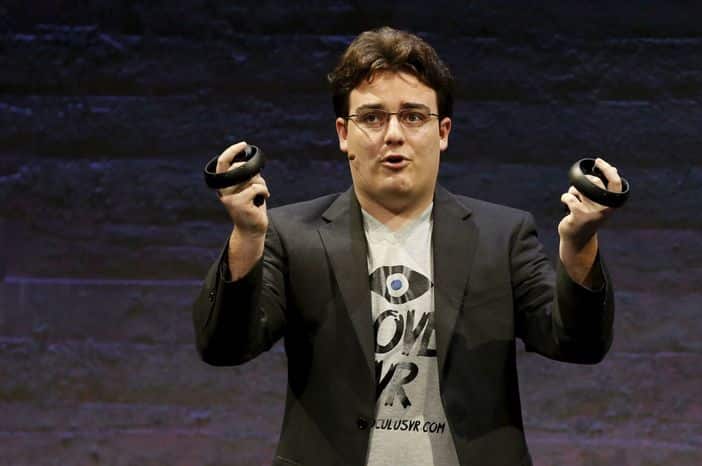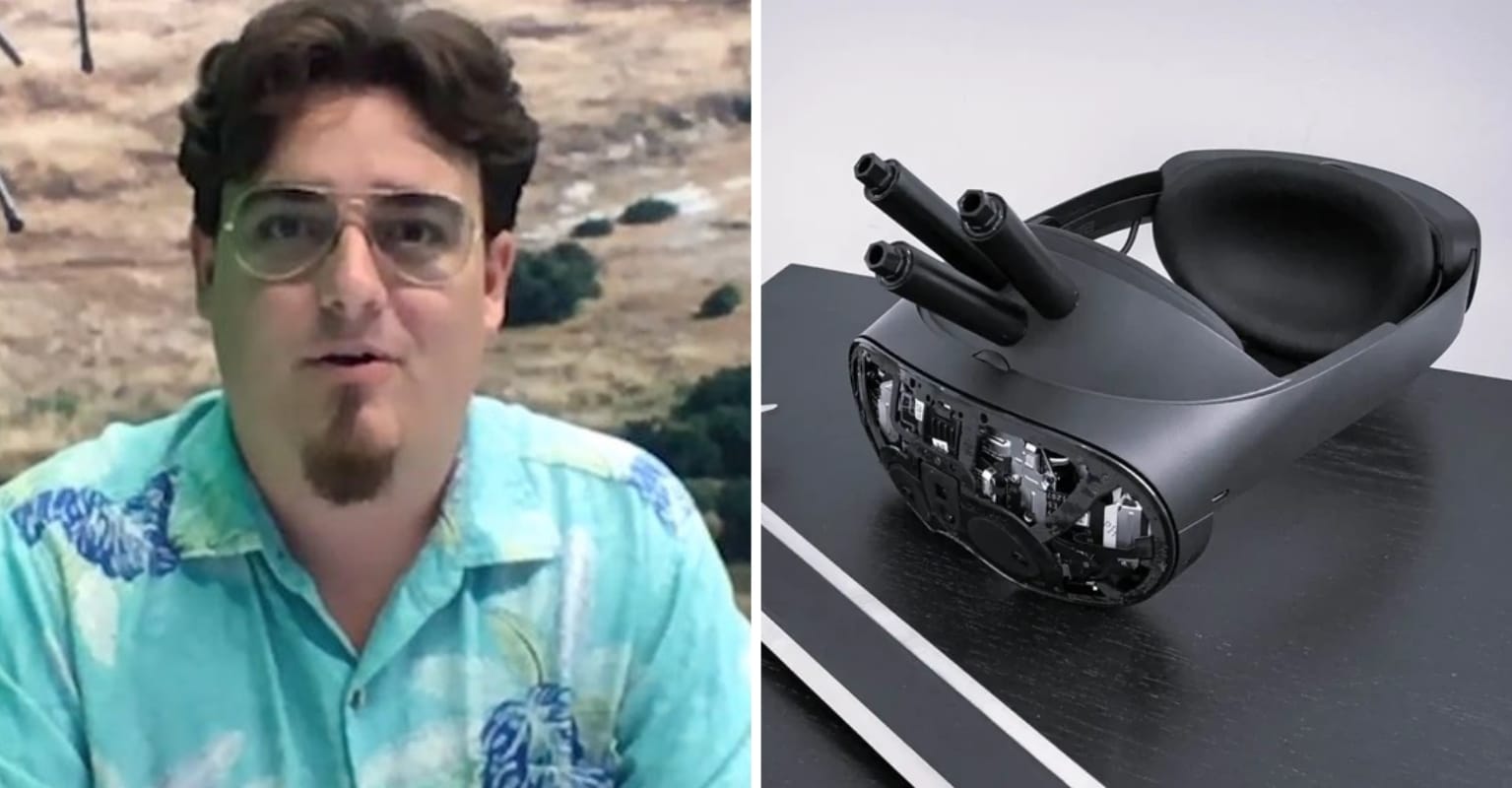Have you ever thought that the level of realism in video games might be too high?
It’s clear that inventor Palmer Luckey doesn’t agree with you in any way. Luckey is often called the “father of modern virtual reality.” His most recent invention is a virtual reality headset that, according to the inventor, will kill the user if they die while playing a game.
The “deadly” console looks like a regular Meta Quest Pro headset to a player who doesn’t know much about it. The only thing added to the device is a set of three modules that sit on the user’s forehead in what looks like an innocent place. Luckey says that these are actually explosive charges that, if they went off, would separate the user’s head from the rest of their body.
In a blog post, Luckey talked about why he decided to build such a dangerous machine. He said that he wanted to make the game more important.
“The idea of tying your real life to your virtual avatar has always fascinated me—you instantly raise the stakes to the maximum level and force people to fundamentally rethink how they interact with the virtual world and the players inside it,” he wrote.
“Pumped up graphics might make a game look more real, but only the threat of serious consequences can make a game feel real to you and every other person in the game,” the inventor added.

Luckey then says that he got his ideas from the Sword Art Online anime and light novel series. In this series, players log on to a VR game, only to find that a mad scientist has locked them up in a virtual world. This is the plot of Luckey’s story. Just like with Luckey’s headset, if a character in Sword Art Online dies while playing the game, that character will also die in real life.
Luckey runs both the weapons and defense company Anduril and the virtual reality company Oculus, which Mark Zuckerberg bought and renamed Meta.
When asked if his killer headset could be used in future weapons, he remained silent. He did say, though, that he plans to install it with an “anti-tamper mechanism” that “will make it impossible to remove or destroy.” This is something to worry about.
Luckey said that while this is going on, there are still “a lot of things that could go wrong and kill the user at the wrong time,” even though the headset is set to only go off when a “Game Over” message appears on the screen.
“This is why I have not worked up the balls to actually use it myself,” he added.
In his conclusion, Luckey made a guess that killer VR headsets might not always be as innovative as they seem to be right now.
“It is also, as far as I know, the first non-fiction example of a VR device that can actually kill the user. It won’t be the last,” he wrote.









